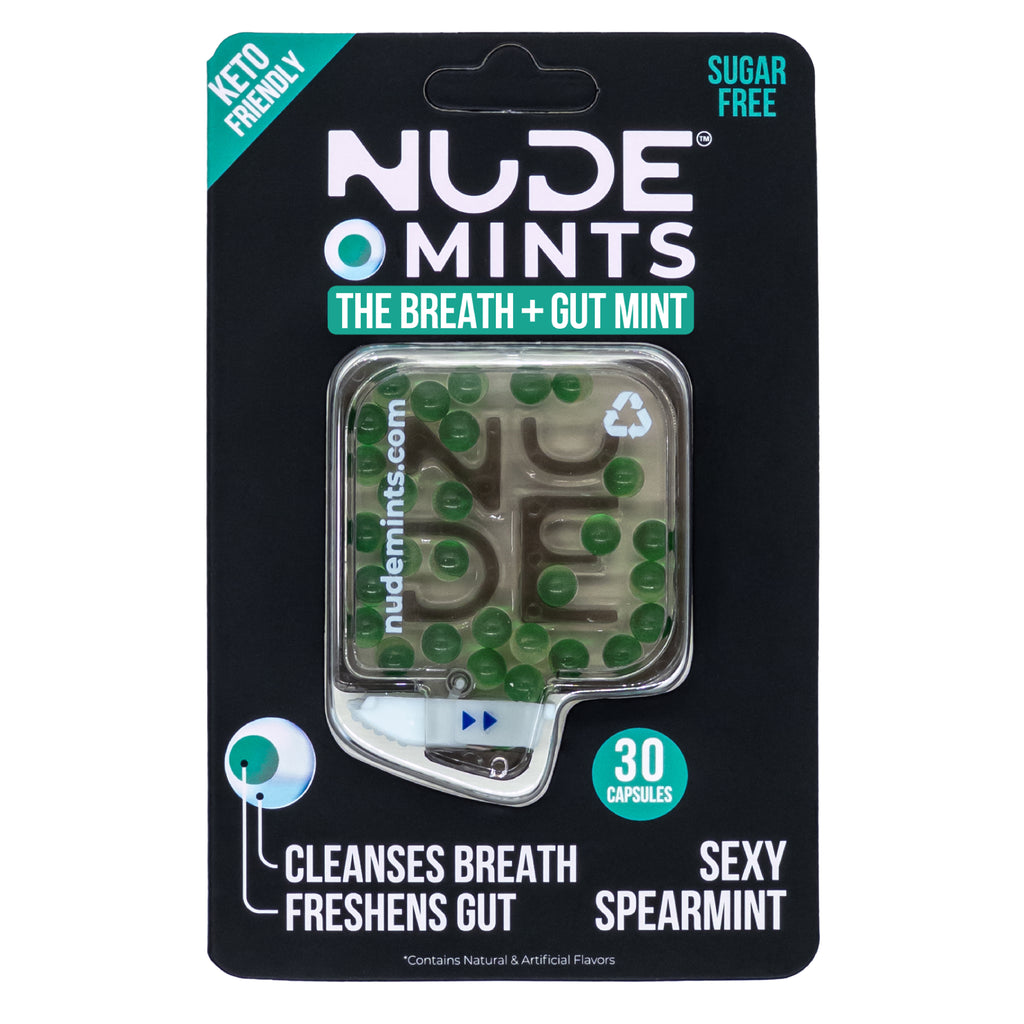4 Tips on Becoming a Great Listener
-

We’ve all had those moments where we were talking to our partners but for some reason, you catch them drifting away from the conversation, seemingly uninterested or fixated on something else. It’s so annoying when this happens, especially when you just want them to listen to you. At other times, it’s the opposite. Your conversation partner is engaged, but keeps trying to interrupt you with their take on your situation and diverts the conversation topic to something else that they wanted to talk about.
No one wants to be that annoying person that simply can’t seem to learn how to listen properly to you. However, if you do analyze your behavioral patterns, we may be unaware that we have these bad listening habits too.
In this week’s article, we’ll teach you more about how you can be a better listener, which will improve your ability to connect with people around you and cultivate your ability to create and maintain lasting relationships with them. Being a good listener is sexy, so why not learn how to be a good listener, now?
Eye Contact

While being easier said and done, looking at a person in the eyes and maintaining that eye contact is the best way to show them that you are actively listening to them.
If you are not good at eye contact, a good trick to seem like you are looking at them in the eyes is to look first into their left eye, and then their right eye, and then back again. You can also look at different parts of their face to pretend you are looking at them in the eyes, such as their eyebrows, their nose, their forehead, or even their lips sometimes.
Do not be afraid to maintain eye contact – we promise you that it isn’t creepy at all. Sometimes, you may blink your eyes while still being fixated on their face, and occasionally look at the table or coffee cup in front of you, or any other object that is in front of you, and then go back to looking at them. This may take some practice, and you can do this with your close friends or family that you are comfortable with.
Body Language

If you want to show the other person that you are listening, turn your body and face towards them. Of course, in certain situations such as at a bar counter, you may not be able to turn your entire body towards them, but you can still angle your body, face, and feet towards them to show that you are listening to them.
If you want to show that you are engaged with the conversation, you can also learn into the other person speaking (not too close of course!). Doing so shows that you are invested in the conversation topic at hand, and want to hear more. Do respect the other person’s boundaries though – there are some places where it is alright to lean closer to the other person such as at a loud music venue or quiet library, and other places where it’s better to maintain some sort of distance.
Encourage Them

You can encourage your conversation partner to continue telling you their story by inserting words of affirmation such as “I see”, “carry on”, and “tell me more”. These words tell the other person that you are interested to hear more about what they are talking about.
Reacting properly to what they are saying is also key. If they are telling you about a funny story, do smile and laugh when appropriate; the reverse is also true if they are telling you about something tragic that happened recently. Your facial expression does matter a lot here and it tells the other person whether you are truly listening to them or not.
One trick I like to use when actively listening to someone talk is to repeat the last few words of the last sentence they said back to them, as a question. This is an example of Mirroring, a technique that is also used by renowned FBI hostage negotiator turned negotiation coach Chris Voss, to show that you are listening to the other person.
For example, if the person is telling about how they loved the cake that they baked last week, you could ask them a question in this way: “Baked last week?”. This encourages the other person to elaborate on what they were talking about.
Summarise the Conversation

Last but not least, another technique I like to use when actively listening is to summarise the entire conversation up to the current point. What you can do is to briefly tell the other person a summary of the key things that they talked about, and then ask them if what you got was right.
If you did get everything right, the other person would be happy and know that you were listening to them. Even if you did not get the whole conversation right, this very act of summarising the conversation tells the other person that you are interested in what they are trying to say and want to understand them, and they would be happy to correct you if you were wrong about what they were talking about.
Now that we have given you some good tips and techniques to learn how to be a good listener, it’s time for you to practice this with your friends and family. Learning how to be a good listener allows you to be more likable and confident in yourself, and eventually, this will allow you to attract the one you want, or make them fall deeper in love with you!
Get the freshest news on your favorite mouth cleanser and gut freshener!
Read More
-
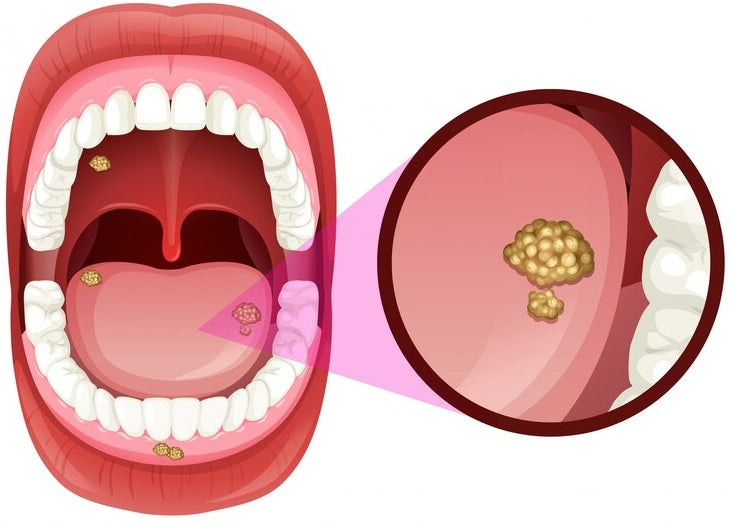
Halitosis: Understanding the Causes, Diagnosis, and Treatment for Fresh Breath
Halitosis, commonly known as bad breath, is a condition that affects a large number of people worldwide. It can be an embarrassing and isolating experience, but it is important to know that it is a common problem and that there are effective treatments available. In this article, we will discuss the causes, diagnosis, and treatment of halitosis. Causes of Halitosis Halitosis can have several causes, both internal and external. The most common causes include poor oral hygiene, dry mouth, certain foods and drinks, smoking, and certain medical conditions. Poor Oral Hygiene Poor oral hygiene is the most common cause of halitosis. When food particles and bacteria build up in the mouth, they can cause an unpleasant odor. Brushing and flossing...
-
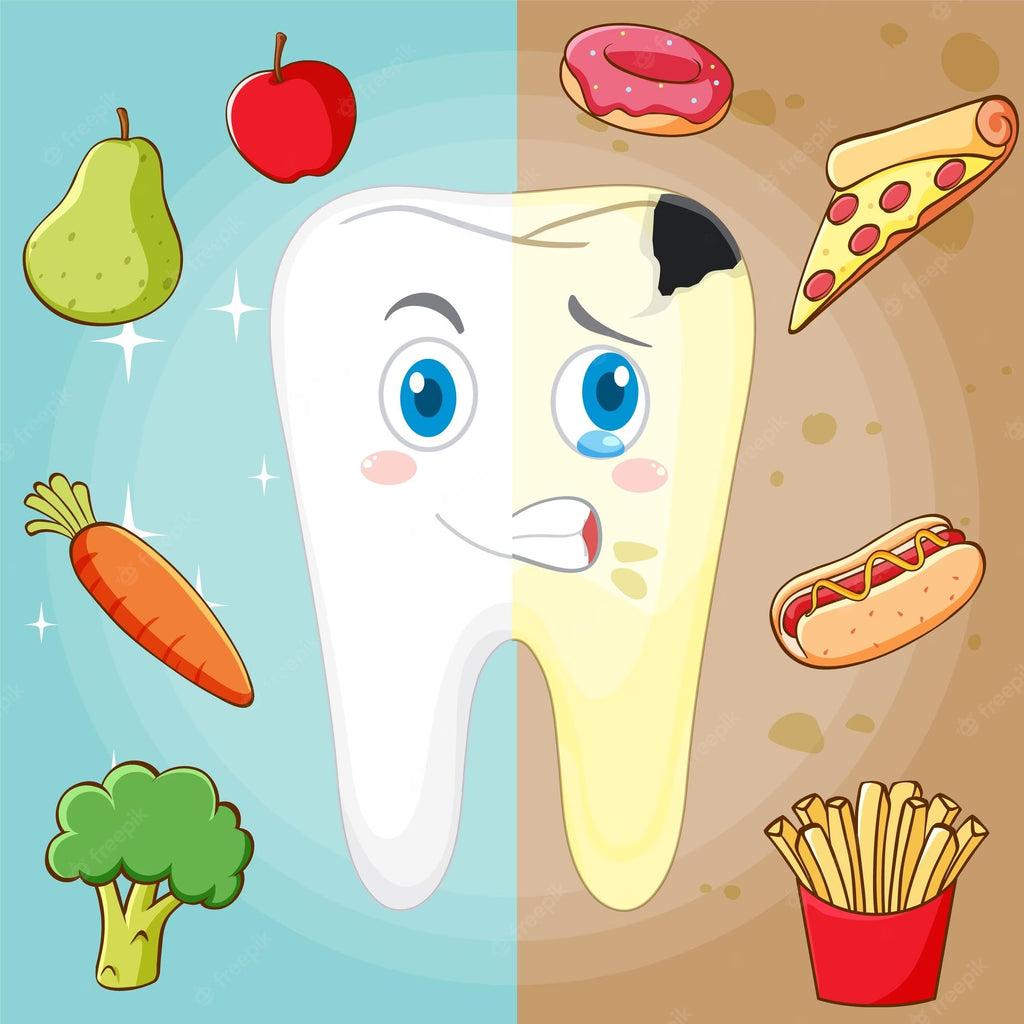
Crucial Connection Between Nutrition and Oral Health: Guide for Better Dental Care
As a dental health professional, we understand the importance of maintaining good oral hygiene to prevent cavities and gum disease. Brushing twice a day and flossing daily are essential habits, but did you know that nutrition also plays a crucial role in keeping your mouth healthy? In this article, we will explore the connection between nutrition and oral health and how you can make better food choices to support your dental health. How Nutrition Affects Oral Health Your diet can impact your oral health in many ways. A diet high in sugary and acidic foods can increase the risk of tooth decay and gum disease. When you eat sugary foods, the bacteria in your mouth feed on the sugar and...
-
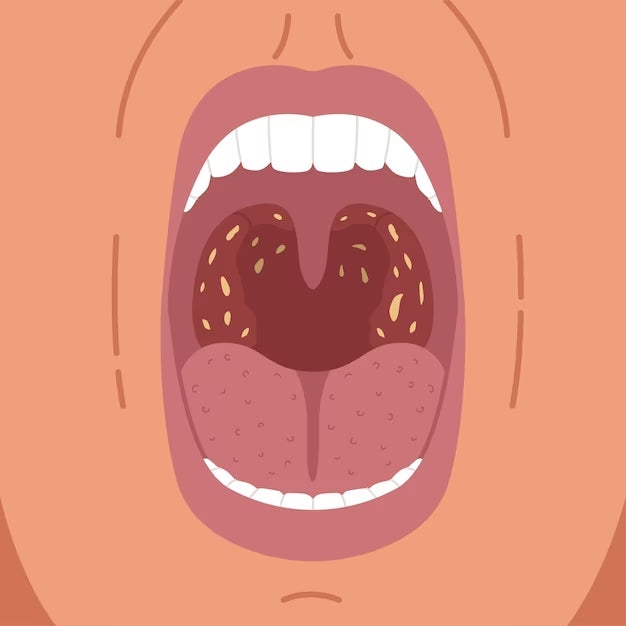
How to Treat Bad Breath Caused by Dry Mouth
Do you ever feel self-conscious about your breath? Do people avoid talking to you because of bad breath? Dry mouth, also known as xerostomia, can cause bad breath and make social interactions uncomfortable. In this article, we will discuss what causes dry mouth, how it leads to bad breath, and what you can do to treat it. Table of Contents What is dry mouth? Causes of dry mouth How dry mouth causes bad breath Signs and symptoms of dry mouth Diagnosis of dry mouth Treating dry mouth Home remedies for dry mouth Professional treatments for dry mouth Tips for maintaining oral hygiene Foods and drinks to avoid with dry mouth Conclusion FAQs What is dry mouth? Dry mouth occurs when...
-
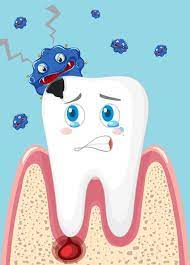
The Relationship Between Diabetes and Gum Disease: Understanding the Link
Diabetes and gum disease are two conditions that may seem unrelated, but research has shown that they are actually closely linked. In fact, individuals with diabetes are more likely to develop gum disease, and those with gum disease are more likely to have difficulty controlling their blood sugar levels. This article will explore the connection between diabetes and gum disease, and provide insights on how you can reduce your risk of developing both. The Relationship Between Diabetes and Gum Disease Diabetes is a condition that affects the body's ability to produce or respond to insulin, a hormone that regulates blood sugar levels. When blood sugar levels are consistently high, it can lead to a range of health complications, including nerve...


